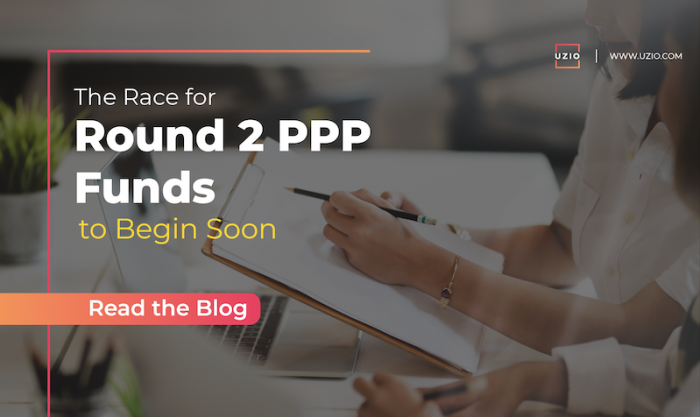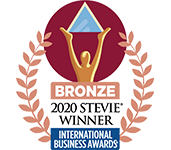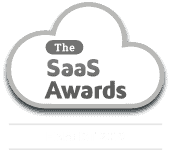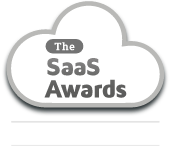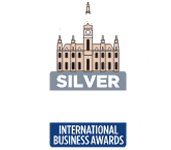The Paycheck Protection Program (PPP) has run out of funds. Yes, you read that right. On April 16, the PPP exhausted nearly $350 billion allotted for low-interest loans designed to help small businesses stay afloat throughout the COVID-19 pandemic. Both small and big businesses were quick to take advantage of this opportunity, and only 14 days later, the funds were completely exhausted.
According to the terms of the Paycheck Protection Program (which is part of the CARES act), eligible businesses can apply for loans to cover 8 weeks of employee compensation, benefits, and other eligible costs. If a business contributes at least 75% of the loan to restore full-time employment and payroll funds, the PPP loan can be partially or even completely forgiven!
The Second Round of Funding Is on the Way
The White House and congressional leads came to an agreement on April 21st, securing the second wave of COVID-19 relief funding. The new bill included $310 billion of funding for the Paycheck Protection Program, with $250 billion refilling the program and an additional $60 billion being allotted for smaller lenders. These changes to the PPP were approved by the House of Representatives on April 23rd.
Just Hang in There!
Faced with a fast-spreading virus and a lack of response to their loan applications, the situation seemed dreary for many small business owners. If they didn’t receive loan funding in a timely manner, then it seemed that closing down shop would be their only option. With ongoing expenses, dried-up revenues, and no change in sight, the future ahead seemed grim.
According to Dave Boster (the chairman of SCORE Bucks County), their business advocacy nonprofit was being flooded with calls from small business owners whose focus revolved around a single, key question: “They want to know how to stay afloat until they can reopen their doors again.”
“As this is progressing and weeks are turning into months, we are looking at our rents that are due, invoices that are outstanding, and payroll … Some are having to let staff go because they can’t keep doors open,” said Derrick Morgan, who owns Monkey’s Uncle with his wife, Jeanell Morgan, in Doylestown, PA.
If you’re a small business owner, we strongly recommend considering alternative sources of funding, such as:
- Venture capital financing
- Employee retention tax credit
- State, city, and county resources
- Crowdsourced funding
- Borrowing from family and friends
Unfortunately, these types of alternative loans often have terms and conditions, such as high interest or unmanageable payment plans, that render them too expensive for the SMB owner’s needs. This is why many small businesses are relying on the PPP for their funding needs. It’s important to remember that hope is not long, so hang in there! The second round of funding is on its way.
